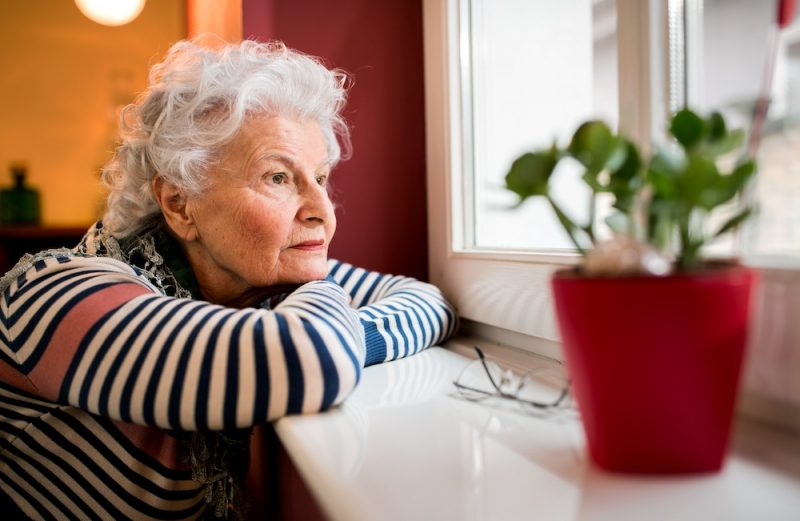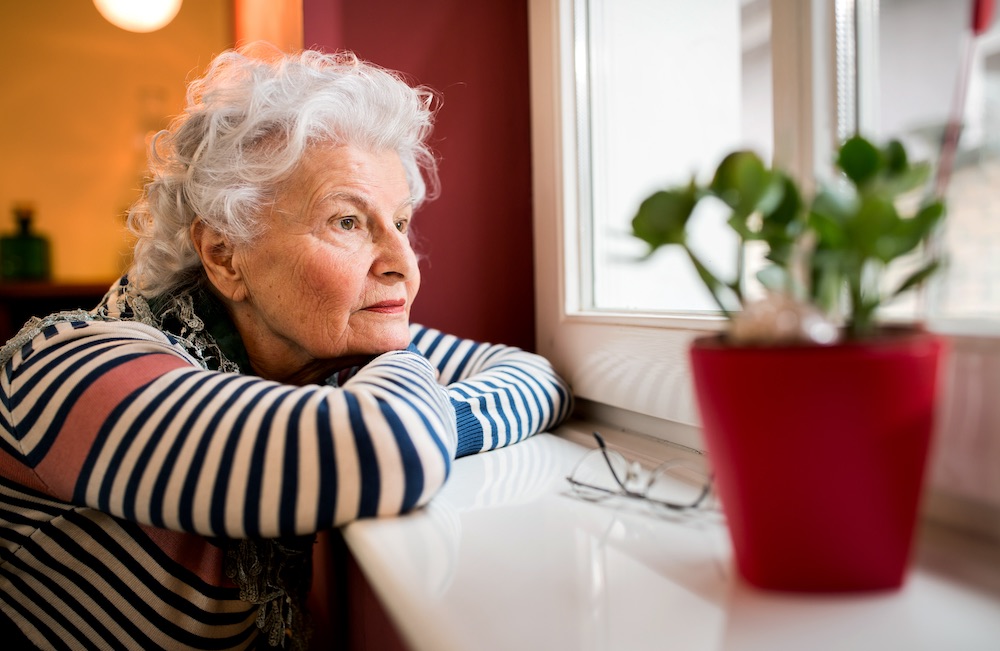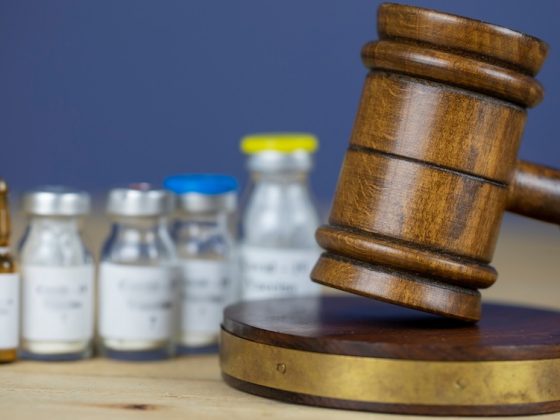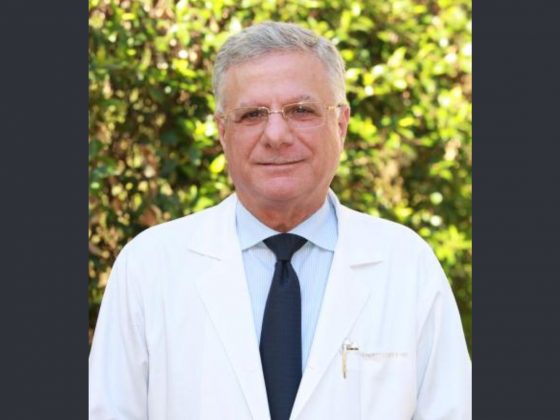Greater feelings of loneliness are associated with higher mortality rates among cancer survivors. The study, published in the Journal of the National Comprehensive Cancer Network (JNCCN), April 25, found that cancer patients reporting severe loneliness had a 67% higher all-cause mortality rate than those reporting low/no loneliness.
“Programs to screen for loneliness among cancer survivors and to provide resources and support are warranted, especially considering the wide-spread social distancing that occurred during the COVID-19 pandemic,” conclude the authors, led by Jingxuan Zhao, from the American Cancer Society, Atlanta, Georgia.
Cancer patients can experience unique sources of loneliness associated with their diagnosis and treatment history. Feelings of social isolation can be heightened when family and friends do not understand their disease-related concerns and they hesitate to share their cancer-related fears and worries. “Although social isolation and loneliness are closely related, they are distinct phenomena – loneliness reflects an individual’s subjective feeling, and people with high levels of social engagement might still feel lonely,” write the authors. Previous studies have found that loneliness was associated with adverse health outcomes, such as cognitive problems, mental health problems, and pain. However, few studies have examined the associations between loneliness and mortality risk solely among cancer survivors.
In the current study, Zhao and colleagues examined whether loneliness was associated with mortality risk in a large, population-based longitudinal cohort of cancer survivors.
The investigators identified a cohort of cancer survivors taken from the US 2008–2018 Health and Retirement Study – a panel survey conducted biennially with questions about health, employment, and psychosocial well-being in people aged ≥50 years.
Loneliness was measured using an 11-item abbreviated version of the UCLA Loneliness Scale, which includes questions about lack of companionship and feelings of isolation from others. A score was assigned according to answers for each question, where 1 was for the least lonely, 2 for moderate, and 3 the most lonely response option. The items were combined to create total loneliness scores for each individual, categorised into four levels: 11–12 (low/ no loneliness); 13–15 (mild loneliness); 16–19 (moderate loneliness); and 20–33 (severe loneliness).
Altogether, the team identified a total of 3,447 cancer survivors, with 5,808 person-years of observation. Low/no loneliness was reported by 1,402 (24.3%); mild loneliness by 1,445 (24.5%); moderate loneliness by 1,418 (23.6%); and severe loneliness by 1,543 (27.6%). During the study period, 686 deaths occurred among the sample.
In comparison with the low/no loneliness group, the adjusted hazard ratio risk (aHR) was 1.19 for those with mild loneliness; 1.41 for those with moderate loneliness; and 1.67 for those with severe loneliness.
“Overall, these findings extend the growing body of research linking loneliness to important health outcomes, including morbidity and mortality, in the context of cancer. Our findings suggest that screening patients for loneliness should be a component of survivorship care, and of concern to primary care and cancer clinicians in light of the potential adverse associations of loneliness and mortality risk,” write the authors.
Theories include loneliness being linked to worse survival through multiple mechanisms, such as increased risk of experiencing negative emotions (hostility, stress, and anxiety), increased engagement in unhealthy behaviours (smoking, alcohol abuse, and less physical activity), and through physiological pathways (immune system disorders).
“Our findings underscore the importance of incorporating loneliness screening as a routine part of cancer survivorship care. Health care providers should consider adding loneliness assessment tools to their standard practice, and these tools should be employed at multiple time points, from initial diagnosis throughout survivorship care, because loneliness may change throughout the cancer journey,” write the authors, who highlight the roles of different healthcare providers. Primary care providers can provide comprehensive routine assessment of loneliness among cancer survivors and help them manage some of the physical health consequences (such as sleep problems and chronic stress). Oncologists can offer loneliness screening during cancer treatment and provide education about the emotional challenges that can accompany a cancer diagnosis. Nurse navigators can help coordinate care between specialists to ensure timely surveillance and intervention.
“Each detection of loneliness is crucial because it may prevent the escalation and complications of loneliness among cancer survivors,” write the authors.
Future studies, they add, should focus on devising optimal screening tools for identifying loneliness and examining the effectiveness of loneliness screening and interventions.
See also our feature on the primary importance of ‘social isolation’ as a key factor linking stress with cancer outcomes












